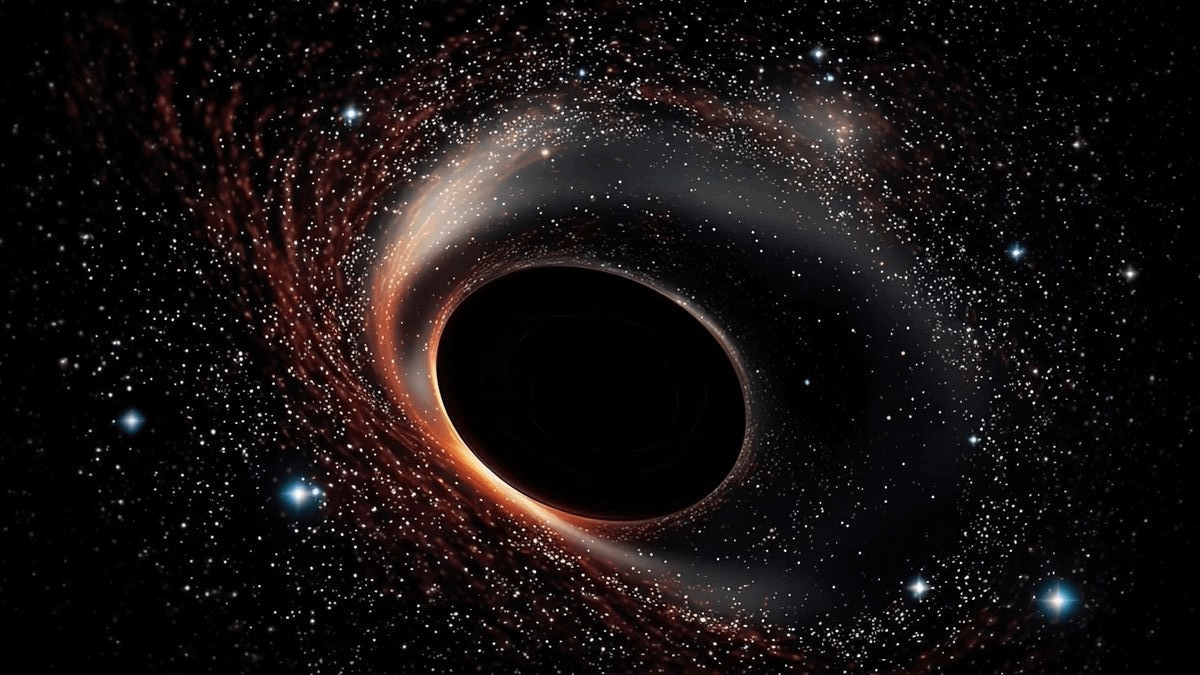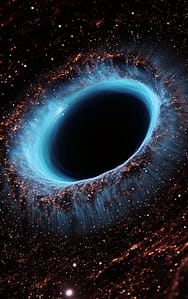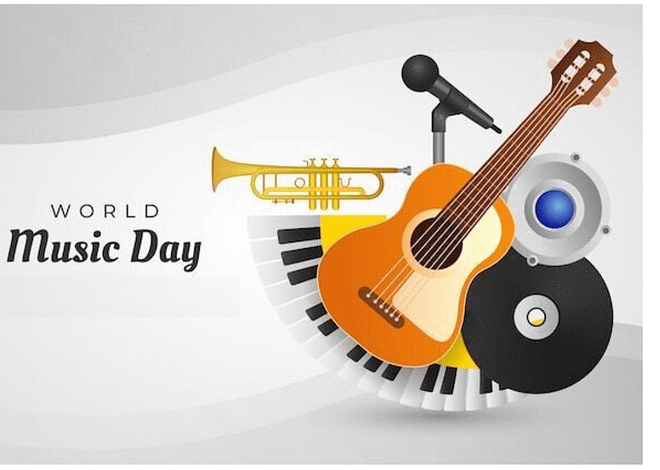
The Fascinating World of Black Hole Music: Unraveling the Sounds of the Universe
The Fascinating World of Black Hole Music: Unraveling the Sounds of the Universe
When we think of space, silence often comes to mind. After all, there’s no air to carry sound waves in the vastness of the universe. But what if we told you that black holes—the mysterious, all-consuming objects in space—can make music? Well, they kind of do! Black hole music is an exciting and mind-blowing concept that has fascinated scientists, musicians, and space lovers alike.
In this blog, we’ll dive into the world of Black Hole Music, explaining how these distant cosmic objects create sounds that we can “hear” through science. Let’s explore how these sounds are generated, how scientists convert
them into music, and how black hole music can inspire our imagination and creativity.
What Exactly is Black Hole Music?
Black hole music is the sound produced by the cosmic activity happening around black holes. Even though space itself is a vacuum where no sound can travel in the traditional sense, black holes still create waves—gravitational waves, light waves, and other forms of radiation—that can be translated into sound. These waves, once captured by special instruments, can be converted into frequencies that we can listen to.
So, when we talk about black hole music, we’re not talking about something you could hear with your ears in space. Instead, it’s about translating the cosmic data surrounding black holes into musical tones.

How Do Black Holes Make Sound?
Black holes are incredibly powerful. They pull everything toward them with their intense gravity, including gas, stars, and even other black holes. As this matter swirls around and falls into the black hole, it creates powerful ripples in space, called gravitational waves. These ripples are like the universe’s version of sound waves, spreading through the fabric of space-time.
Here are some key components that lead to the creation of black hole music:
| Phenomenon | Explanation |
| Accretion Disc | A disc of gas and dust spiraling around a black hole, creating light and energy. |
| Gravitational Waves | Ripples in space-time caused by the movement of large cosmic objects, such as black holes colliding. |
| Sonification | The process of converting data, such as gravitational waves, into sound waves that we can hear. |
When two black holes collide, for example, they send out gravitational waves. Scientists then use special detectors (like LIGO) to capture these waves. The data is then processed and transformed into sound waves—giving us a unique “song” from the universe!
What Does Black Hole Music Sound Like?
The sounds produced by black holes are quite different from anything you might expect. They aren’t like the music we listen to daily. Instead, the frequencies can be deep and slow, creating a low hum, or they might be sharp and sudden, like a high-pitched chirp.
Here’s a quick breakdown of what you might hear from black hole music:
| Type of Sound | What It Sounds Like |
| Low-frequency rumbles | Deep, bass-like tones that resemble distant thunder or a humming noise. |
| Gravitational wave chirps | Quick bursts of high-pitched sound, often compared to a bird’s chirp. |
| Cosmic static | Faint background noise, almost like radio static, from distant black hole activity. |
The combination of these sounds creates a fascinating soundscape, one that feels otherworldly and strange—yet beautiful in its own way.
Why Does Black Hole Music Matter?
At first glance, black hole music might seem like an abstract, nerdy concept meant for scientists. But there’s more to it! The sounds of black holes have inspired musicians, filmmakers, and artists, who use these cosmic melodies to create art that captures the mysteries of the universe.
Here’s why black hole music is so intriguing:
- It connects science and art: Black hole music isn’t just for scientists to study. Musicians are using this data to create new genres of ambient and experimental music. The eerie hums and sudden bursts of sound help artists craft soundtracks that feel alien, mysterious, and futuristic.
- It tells us more about the universe: By listening to the “songs” of black holes, scientists learn more about the universe. The sounds produced by black holes can tell us when two black holes collide or when a star gets swallowed by one of these cosmic monsters. It’s like eavesdropping on the universe’s most epic events!
- It expands our imagination: When we think of music, we often imagine instruments, voices, and familiar sounds. But black hole music stretches our imagination beyond Earth, offering a completely new way to think about sound and music.
Visualizing Black Hole Sounds
Understanding black hole music is made easier with a visual breakdown. Here’s a table that compares different cosmic events and their corresponding sounds:
| Cosmic Event | Sound Frequency (Hz) | Tone Description |
| Black Hole Collision | 35-250 Hz | Low rumbles, like a bass note that rises in pitch. |
| Star Falling into a Black Hole | 1-100 Hz | Deep, drawn-out hum with sudden sharp notes. |
| Pulsar Nearby Black Hole | 500-1000 Hz | High-pitched, rhythmic pulses, like a cosmic heartbeat. |
By visualizing these sounds, we can better understand how the universe plays its own symphony—one that’s filled with lows, highs, and unexpected rhythms.
Black Hole Music in Popular Culture
One of the coolest things about black hole music is how it’s made its way into pop culture. Filmmakers, musicians, and even video game designers have used the concept of black hole music to create immersive, futuristic soundtracks.
Here are some notable examples:
- Films: In movies like Interstellar, black holes play a key role in the plot, and the sound design reflects that. The deep, atmospheric music mirrors the vastness and mystery of space, giving viewers a sense of what black hole music might feel like.
- Music: Some electronic music producers have started incorporating black hole sounds into their tracks. These tracks feature deep bass lines, spacey echoes, and unpredictable sound patterns, creating an otherworldly listening experience.
- Video Games: In certain space-themed video games, black hole music has been used to create a sense of tension and mystery as players explore the far reaches of space.
How Black Hole Music Could Shape the Future of Music?
As technology continues to advance, black hole music might even influence the future of music itself. Here’s how:
- Ambient and Drone Music: The slow, atmospheric sounds produced by black holes could inspire more ambient music tracks. These long, drawn-out tones could fill the background, creating a meditative, peaceful vibe that listeners can relax to.
- Experimental and Avant-Garde Music: Musicians who love pushing boundaries could use black hole sounds to create new and exciting experimental music. The strange frequencies and unpredictable tones would make for an unforgettable sonic experience.
- Sound Healing and Meditation: The deep, soothing tones of black hole music could even find their way into the world of meditation and wellness. Low-frequency sounds are known to have calming effects, and black hole music could help people connect with the vastness of the universe while finding peace within themselves.
The Future of Black Hole Music
We are just beginning to explore the musical potential of the universe. As our understanding of black holes grows, so will our ability to create new and exciting forms of music inspired by these cosmic giants.
Imagine a future where black hole music is part of everyday life—where space-inspired soundtracks accompany our morning routines, meditation sessions, and even live concerts. The possibilities are endless!
Conclusion: Listening to the Universe’s Music
Black hole music is more than just a scientific discovery—it’s a window into the hidden rhythms of the universe. By capturing the sounds of these mysterious cosmic objects, we’re given a new way to experience space. Whether you’re a scientist studying the cosmos, a musician seeking inspiration, or just a curious mind, black hole music offers something for everyone. It shows us that even in the quietest parts of the universe, there’s a symphony waiting to be heard.

